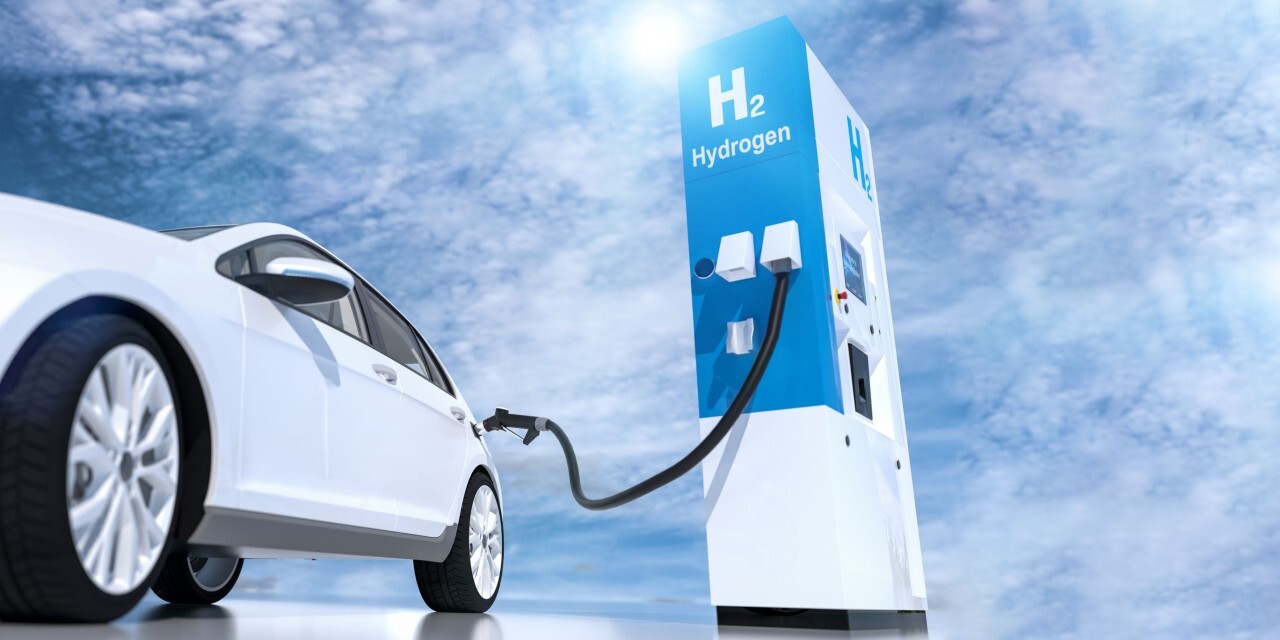A recent global market study forecasts the rapid growth of hydrogen-powered vehicles, predicting significant expansion by 2028. The research delves into the hydrogen car market’s growth potential, offering valuable market intelligence and strategic insights for decision-makers. The fuel cell vehicle market, valued at $651.9 million in 2018, is projected to reach $42.04 billion by 2026, reflecting an impressive compound annual growth rate (CAGR) of 66.9% between 2019 and 2026.
The report highlights several major automakers already investing in hydrogen-powered vehicles, including Toyota, Hyundai, Renault, Tata Motors, Mercedes-Benz, Audi, BMW, General Motors, and BAIC Group. These companies have already introduced hydrogen fuel cell vehicles to the public, and OneH2 is collaborating with many of them to enhance hydrogen fuel infrastructure, which is seen as a key step in facilitating broader adoption of these vehicles.

While zero-emission vehicles have seen significant growth in recent years, the market has largely been dominated by battery-electric vehicles (EVs). However, the shift towards hydrogen vehicles is gaining momentum due to new subsidies, the rising concern over the environmental costs of mining rare metals for batteries, and the decreasing price of sustainable energy sources. This trend reflects a growing interest in hydrogen as an alternative to traditional electric vehicles.
Electric vehicles, despite their popularity, are often hindered by long charging times and decreased performance as their batteries deplete. In contrast, hydrogen fuel cells provide quick refueling and reliable performance, addressing many of the limitations associated with EVs. This makes hydrogen vehicles an increasingly attractive option for consumers and businesses alike.
Experts are already predicting that the growth of battery-electric vehicles will plateau by the end of this decade, although the timeline for this shift remains uncertain. Regardless, OneH2 continues to work diligently on improving hydrogen technology and infrastructure, aiming to make sustainable, zero-emission fuels more accessible across industries, which could accelerate the adoption of hydrogen-powered vehicles worldwide.

